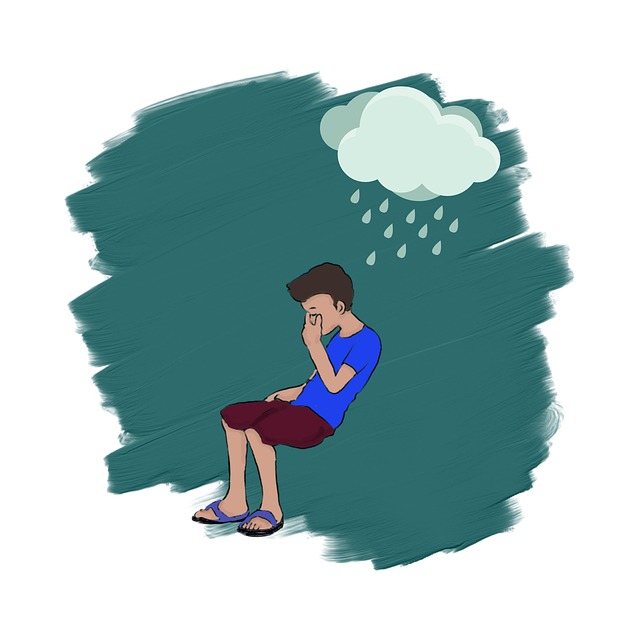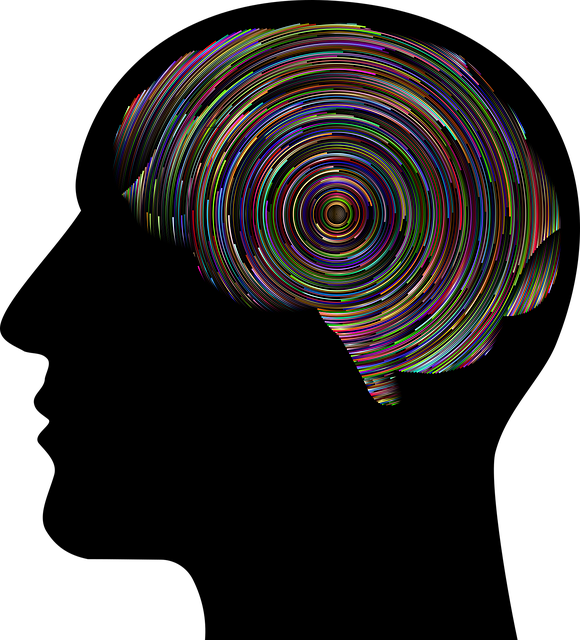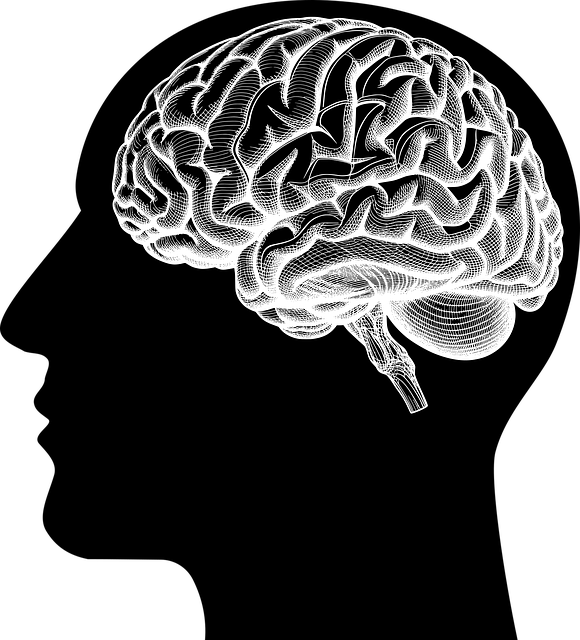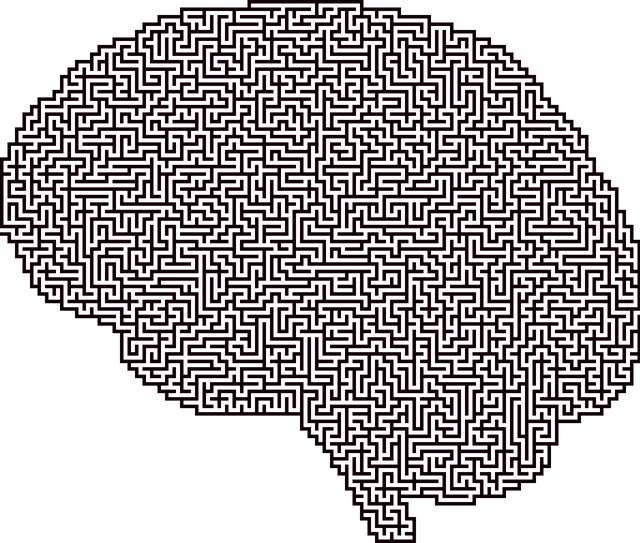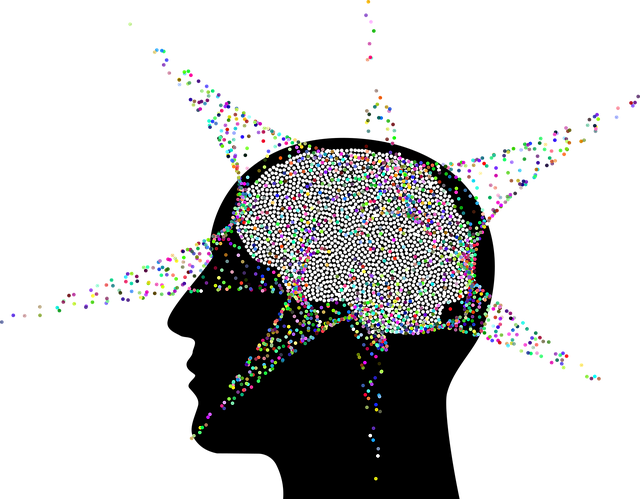Therapy for Children with Oppositional Defiance Disorder (ODD) requires a culturally sensitive approach, focusing on personalized treatment plans that align with each child's unique cultural identity. By understanding and respecting diverse backgrounds, therapists can adapt interventions, foster trust, and incorporate traditional healing practices into self-care routines. Continuous education and evidence-based practices, coupled with cultural sensitivity, enhance therapy outcomes for young ODD sufferers, promoting mental wellness both for clients and healthcare providers.
Cultural sensitivity is a cornerstone of modern mental healthcare, ensuring tailored support for diverse patients. This article explores this concept in depth, focusing on its significance in addressing issues like Children’s Oppositional Defiant Disorder (ODD). We delve into the cultural nuances surrounding ODD, offering insights from various perspectives. Additionally, practical strategies for culturally competent therapy sessions are provided, emphasizing continuous education and adaptation as essential tools for enhancing mental healthcare practices, particularly when treating children with ODD.
- Understanding Cultural Sensitivity in Mental Healthcare
- Children's Oppositional Defiance Disorder: A Cultural Perspective
- Strategies for Culturally Competent Therapy Sessions
- Enhancing Practice with Continuous Education and Adaptation
Understanding Cultural Sensitivity in Mental Healthcare

In the realm of mental healthcare, cultural sensitivity is a game-changer that fosters effective treatment and support for diverse populations. It involves recognizing and respecting the unique cultural beliefs, values, and practices that shape individuals’ experiences with mental health issues. When applied to therapy for children with Oppositional Defiance Disorder (ODD), cultural sensitivity becomes a powerful tool. Understanding a child’s cultural background allows therapists to adapt their approach, ensuring interventions are relevant, respectful, and tailored to address the child’s specific needs within their cultural context.
For instance, crisis intervention guidance can be enhanced by considering cultural factors. What might be considered a crisis in one culture could be perceived differently in another. Emotional intelligence plays a crucial role here, enabling mental health professionals to navigate these nuances. Additionally, promoting self-care routine development for better mental health should incorporate culturally sensitive practices, ensuring that the strategies are not only effective but also meaningful and acceptable to the individual’s cultural identity.
Children's Oppositional Defiance Disorder: A Cultural Perspective

Children’s Oppositional Defiance Disorder (ODD) is a complex behavioral issue that often requires a nuanced approach when addressing it from a cultural perspective. In many communities, ODD may be expressed differently due to various factors such as family dynamics, community norms, and historical experiences. For instance, what is considered defiant behavior in one culture might be a form of assertive communication or resistance in another. Therefore, therapists facilitating therapy for children with ODD must be well-versed in cultural sensitivity to provide effective treatment.
Understanding the context within which a child lives and interacts is vital in designing mental health education programs that cater to diverse populations. This involves not only learning about different cultural practices but also incorporating self-care practices that resonate with each unique community. Mental health awareness initiatives should strive to bridge gaps between cultural expectations and therapeutic techniques, ensuring that interventions are respectful and tailored to the specific needs of each child and their family.
Strategies for Culturally Competent Therapy Sessions

In culturally sensitive therapy sessions, therapists must first educate themselves on the client’s cultural background and beliefs to create an environment that feels safe and welcoming. This involves actively listening to clients’ experiences, validating their perspectives, and adjusting therapeutic techniques accordingly. Incorporating cultural elements from the client’s heritage into sessions can enhance engagement and trust. For children diagnosed with Oppositional Defiant Disorder (ODD), therapists might include age-appropriate activities or stories that reflect diverse family structures or traditions, fostering a deeper connection and understanding.
Additionally, therapists should encourage open dialogue about mental health within the cultural context. This could involve discussing self-care routines tailored to specific cultural practices, such as mindfulness techniques integrated with traditional healing methods. By promoting a holistic approach to well-being, therapists can support clients in developing effective coping strategies while respecting and preserving their cultural identity. These strategies not only enhance therapy outcomes for diverse youth with ODD but also contribute to the overall mental wellness of individuals by preventing burnout among healthcare providers through culturally responsive practice.
Enhancing Practice with Continuous Education and Adaptation

In the realm of mental healthcare, especially when treating young individuals with conditions like Oppositional Defiance Disorder (ODD), continuous education and adaptation are pivotal to enhancing practice. Professionals must stay abreast of the latest research and evidence-based practices tailored to diverse cultural backgrounds. This knowledge enables them to provide more nuanced and effective therapy for children, ensuring that coping skills development and social skills training cater to each child’s unique needs.
Regular workshops, webinars, and even the production of mental wellness podcast series can facilitate this continuous learning. Such initiatives not only broaden practitioners’ understanding but also foster a more inclusive environment where cultural sensitivity is at the core of every session. This adaptive approach is crucial in helping children with ODD navigate their challenges while promoting their overall mental wellness.
Cultural sensitivity is a cornerstone of effective mental healthcare, especially in addressing issues like Children’s Oppositional Defiance Disorder (ODD). By integrating cultural competence into therapy sessions, practitioners can create safer and more inclusive environments. Understanding diverse cultural perspectives empowers therapists to offer tailored strategies that resonate with clients. Continuous education and adaptation are vital for enhancing practice, ensuring every individual receives the compassionate, culturally sensitive care they deserve, including those seeking Therapy for Children Oppositional Defiance Disorder.



